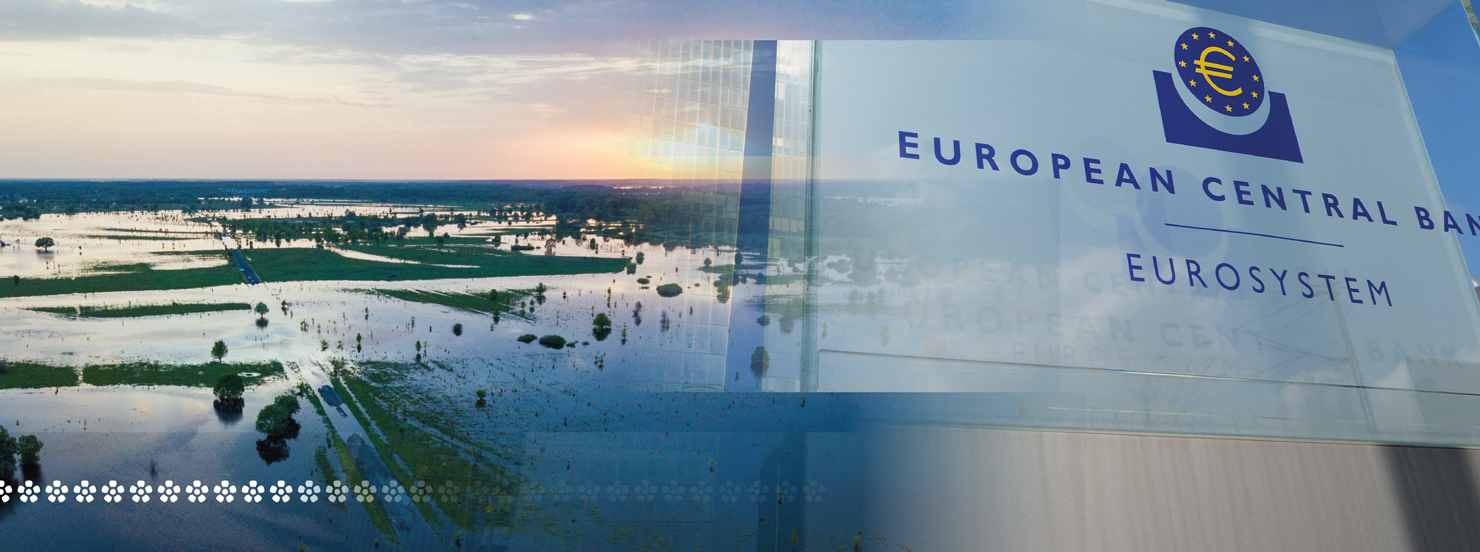
ECB’s climate stress testing and thematic review: banks must consider the impacts of climate change in their operations and risk management
The European Central Bank ECB published the results of banks’ climate stress testing in July last year, and a thematic review of European banks’ management of climate and environmental risks in November. The results indicate that banks still do not take climate risks adequately into consideration in their internal models and stress testing, although the situation has improved since 2020.
In 2022, two major ECB reviews of climate and environmental risks were conducted. The climate stress test provided a good overall view of banks’ ways of managing their climate risks. In addition to the stress test, the ECB carried out a thematic review delving into banks’ risk strategies as well as related governance and risk management processes. The largest banks operating in Finland were included in the climate stress test and the thematic review.
Controlled transition to green economy will reduce banks’ losses
The banks’ climate stress test conducted last year was the first of its kind and part of the ECB’s drive to steer European banks through the transition period to a greener economy. In total, 104 banks participated in the test. It was revealed that 60% of banks do not yet systematically carry out their own climate stress tests and that most banks have not incorporated climate risks into their credit risk models. Only a fifth of the banks stated they had paid attention to potential climate risks in their lending. Two-thirds of banks income from corporate clients is still related to income generated in carbon-intensive industries.
The stress test provided useful information for both banks and banking supervisors. The purpose was to examine vulnerabilities as well as good practices and challenges related to climate risks. The results of the test will be considered in the Supervisory Review and Evaluation Process (SREP), even if they did not yet have a direct impact on capital guidance for banks.
Information gathered in the test will help banks improve their own climate risk stress-testing practices and be better prepared for the green transition necessitated by carbon neutrality. Based on the test, the conclusion could be drawn that banks will incur the least losses if they transition to the green economy in a controlled fashion.
The ECB expects the stress tests to enhance the ability of the financial system to cope with climate change risks and that banks will utilise the information so generated to formulate their own methodologies for stress testing related to climate risks.
Banks are materially exposed to climate and environmental risks
The objective of the thematic review published in November was to ascertain whether banks identify and manage climate and environmental risks adequately in accordance with the ECB’s supervisory expectations. The review also looked into banks’ risk management strategies as well as related governance and risk management processes. The thematic review included 186 European banks.
According to the results, banks largely agreed that they are materially exposed to climate and environmental risks both in the short and longer term. Many banks are still in the process of establishing a comprehensive management framework for environmental risks and implementing it in a clear fashion. For example, no targets and risk limits have been set for climate risks. This means that the risks are not yet effectively measured and monitored. In addition, there continue to be challenges in the assessment and predictability of the impacts of risks.
Deadlines set for banks to meet supervisory expectations concerning climate and environmental risks
The results of stress test and the shortcomings identified in the thematic review have been communicated to the banks, and it will be monitored in the following years how the banks will remediate the shortcomings. Overall, the banking supervisor calls for banks to pay more attention to climate risks. Banking supervisors will monitor the correction of the shortcomings as part of ongoing supervision as well as in the SREP. The ECB has set the end of 2024 as the deadline for banks to meet the supervisory expectations concerning climate and environmental risks.